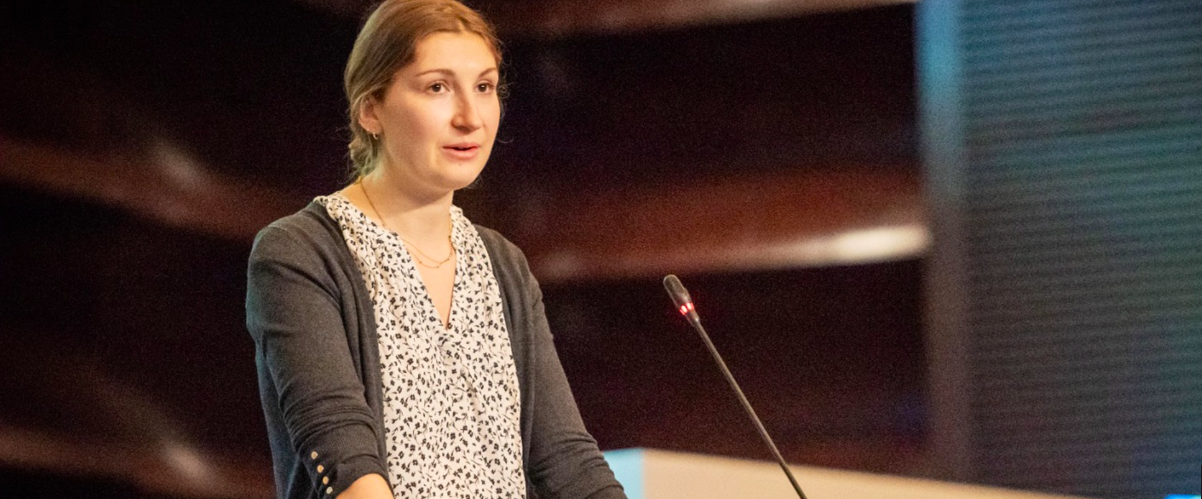
I am a junior doctor currently practising in London. I love my job, but even just 18 months into my training, I can already feel the challenges which are seeing so many doctors leaving our profession, and like many of my peers, I have already considered alternative options to a clinical career in the National Health Service (NHS) due to my experiences as a junior doctor so far.
Our working conditions are poor and unsustainable: we are chronically understaffed and under-resourced. Pressures are only growing, driven by an ageing population and increasing expectations of our patients, and these pressures have only been exacerbated by the global pandemic.
I am regularly looking after 2 or even 3 times the number of patients I should be, and patient safety is being compromised. There is simply not enough time to do the bare minimum, let alone spend quality time with patients to understand their needs, nor update their loved ones.
I regularly go home very late, and I nearly always feel like I haven’t done the best for my patients. This is so disheartening, and the exact opposite of the empowering and inspiring role I thought being a doctor would be, and should be.
In 2021 I worked the Christmas weekend on call. Just 3 juniors were covering the wards of 500 patients. Between just 2 of us, we were expected to review 175 patients. The bleeping was non-stop, and before you’d had a chance to finish a job, 3 more had been added to the list. Two patients fell and were not reviewed for several hours, and 1 patient didn’t receive blood for an additional hour. None of us had time to sit down, let alone take lunch.
At the end of my third 13-hour shift in a row, I went to review a patient. The patient in the neighbouring bed, despite being well and therefore not requiring review over the weekend, quickly got very angry with me as he had not been reviewed. He accused me of being a bad doctor and being uncaring, and said that I would not care for my relatives in this way. I tried to settle him down, but he continued to tell me I should be ashamed of myself. I left the bay and cried alone in a utility cupboard.
This example really represents the widespread difficulties we are facing: we are trying our very hardest to do our best for patients in an awfully stretched system, but the work is just thankless.
This moral injury inevitably leads to burnout. I have 3 good friends from medical school who have had similar experiences and have all taken significant time out due to this severe apathy towards both their work and personal lives. That really is heartbreaking, because they are wonderful doctors and even better people.
Perhaps what is more heartbreaking is that the initial response from their employers was not “Are you OK, how can we help you?” but rather, “Oh dear, how do we fill this rota gap?” We are failing to prioritize our health-care professionals’ well-being and it is inevitable that we are now feeling the impact.
I feel like I am used solely as service provision and there is no investment in my training, despite the fact I am employed as a “trainee”. There is no professional development – you just show up each day and do the best you can against the challenges faced. Educational supervision from seniors is minimal and really just comes across as a “tick-box” formality rather than genuine investment.
The workforce retention crisis numbers are truly staggering, and anecdotally many of my friends are planning to leave. Of the 8 juniors I started my training with, only 2 of us are definitely planning to continue in the NHS.
As you will be aware, junior doctors in the United Kingdom are currently engaging in industrial action over pay, with a 72-hour walkout last week. It was so galvanizing to be out on the picket lines with my colleagues, but the thousands and thousands of junior doctors lining the streets of London really show what we have to lose if we don’t make positive change.
There is no question – the current situation is unsustainable. And I hope the adoption of the Bucharest Declaration on the Health and Care Workforce is the beginning of finding sustainable solutions to the serious crisis we are all facing.











